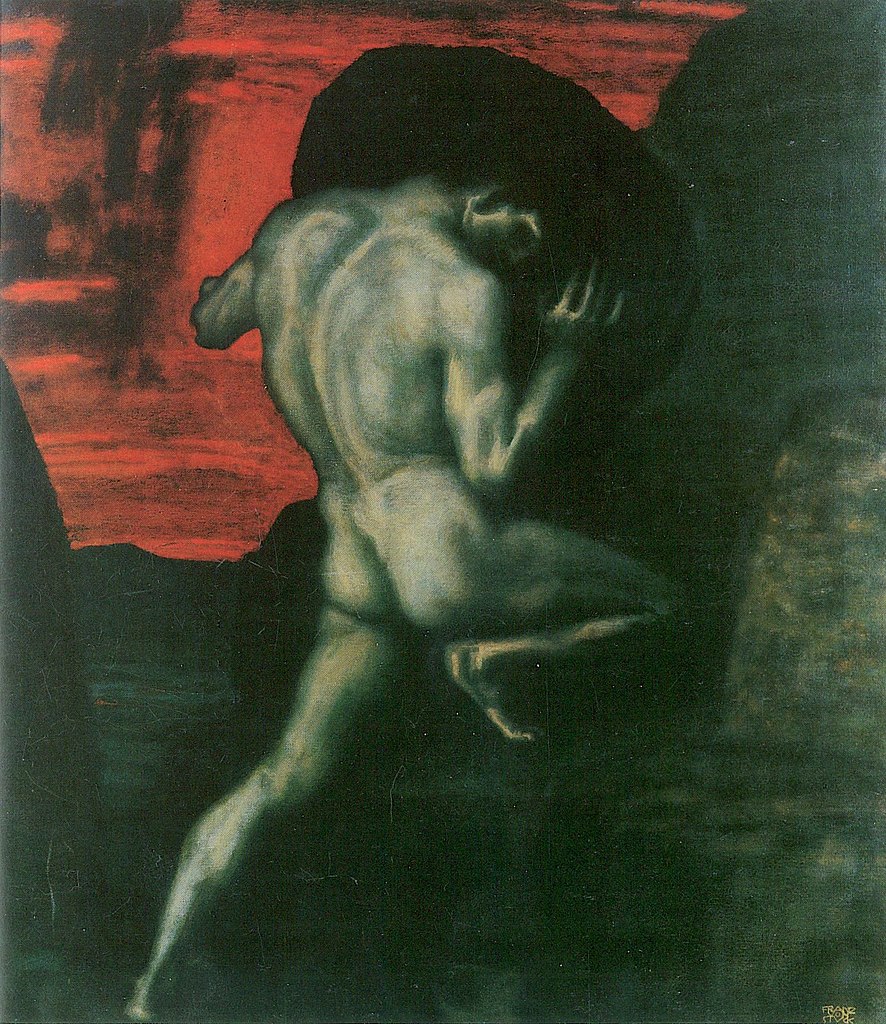Individual liberty can’t stand on its own.
The End of Ordered Liberty

The American ideal of self-government is increasingly inapplicable to our culture.
For Americans of a certain age, the direct and sustained assault on the beliefs and mores of a free people that we see all around us is a profoundly disorienting shock. When we came of political age, despite blemishes and problems, the United States represented the sober, moderate, and decent current of modern liberty, rooted in the common sense of ordinary citizens and in religious traditions that helped us resist the identification of freedom with emancipation from the moral law and patriotic attachments and obligations.
To be sure, a relatively small number of progressive intellectuals admired Communist tyrannies abroad, and some worked to promote radical transformation at home. Some lauded the totalitarian Viet Cong as “the good guys” in that long, protracted war. In the sixties, the old bourgeois virtues came under assault from the New Left. Universities capitulated to lawless mobs who derided every form of authority and who did not hesitate to resort to violence when it served their purposes. Feminists, shrill and illiberal from the beginning of their “movement,” saw in decent middle-class family life noxious forms of “patriarchal” oppression. With help from the Supreme Court in January 1973, the right to kill an unborn child became the first freedom for those who esteemed “autonomy,” bodily or otherwise, above everything else. In the fevered imagination of some, America became Amerika.
Still, the center seemed to hold to a large extent. A not-inconsiderable number of Americans fought back against a dawning “culture of repudiation” in the name of patriotism, religion, and opposition to “political correctness.” Full-scale affirmative action, “reverse discrimination” as it was rightly called, both then and now was not popular with the American people. Untold numbers of Americans were appalled by abortion-on-demand and many joined the nascent pro-life movement.
Yet while conservatives were still capable of winning elections, the culture (including the academy) moved aggressively to the Left. And many conservative leaders accommodated themselves without too much angst to a cultural revolution of unprecedented radicality. They apparently possessed neither the intellectual categories and arguments, nor the will, to stand up to the nihilistic Left. In turn, decent people gradually accommodated themselves to, or retreated before, the ambient moral relativism and civilizational self-loathing. In this way, our democracy lost its moral and civic bearings.
Today, the fanatical secular religion of “LGBTQIAA+” wreaks havoc on the lives of millions of young people who now live in an alternative moral universe where self-invention is the order of the day. Social and biological engineering of a kind unimagined by the totalitarians of the twentieth century is now at the heart of the progressive ideological and political project. Having left Tocqueville’s “soft despotism” behind, we are witnessing what the Hungarian moral and political philosopher Aurel Kolnai called a “rider of the apocalypse.” “Progressive Democracy” rivals and, in some ways, outdoes on the spiritual plane, the totalitarian monstrosities of the twentieth century.
In an essay written in 1950 called “Three Riders of the Apocalypse” (National Socialism, Communism, and Progressive Democracy), Kolnai located the underlying complicity of these three ideologies in a shared commitment to “emancipated Man,” the human being construed as freed from all natural and supernatural limits and guidance. But as the first two totalitarian movements and regimes revealed, Autonomous Man turns out to be more a devil than a god, and all efforts at human self-deification inevitably lead to human “self-enslavement,” and to accompanying moral insanity and social chaos.
Because he penetrated to its logical core, in 1950 Kolnai already foresaw and predicted fevered efforts to abolish the traditional family and the war on the canon of Great Books in the name of “autonomy,” “emancipation,” and “liberation.” His prediction is our reality. This has consequences for us and for others. America is now perceived by our closest European friends (I mean sage thinkers and commentators, not EU progressives) as a model more to be eschewed than followed or imitated. As a “Woke Imperium,” we now represent what the twentieth century political philosophers Eric Voegelin and Leo Strauss most feared: “modernity without restraint.” Douglas Murray has recently pointed out that a major book in Britain warning against wokism, identity politics, and political correctness is called We Are Not America. The United States is increasingly perceived as a “rider of the apocalypse” and not a model of estimable human liberty. How our Great Republic has fallen from post-WWII and Cold War heights! In light of this profound crisis, a fundamental task of conservative thought and statecraft today must be to recover a much better understanding of liberty and its preconditions.
I recently came across an Open Letter on “Freedom Conservatism” signed by many friends of mine, good people all. The freedoms defended are eminently choice-worthy and the warnings against new authoritarian threats from the Left and Right are well taken. But this sensible statement says nothing, or next to nothing, about the hollowing out of the moral foundations of democracy. There is a reason for this. As Carson Holloway points out in a very suggestive essay (“Recovering the Real Founding: Escaping the Destructive Myth of the ’Propositional Nation’”) in a new book from Encounter entitled Up From Conservativism, our Founding Fathers appreciated “that traditional religion and morality are essential to America’s identity and to a healthy and decent society.” Ours was founded to be a free country. But equality and natural rights, as precious as they are, do not give freedom its ballast and spiritual strength. As Holloway ably points out, in recent decades “Marriage has been redefined, public education has been used to indoctrinate the young in radical sexual ideologies, and religion has been marginalized—all while propositional-nation conservatives have been unaware that the nation’s character has been transformed.”
The lesson to be drawn is that freedom and virtue stand or fall together. Rights, including natural rights, on their own risk becoming too formal, too abstract, without the accompanying presence of the natural moral law and sound common sense. A freedom that cannot name and vigorously resist moral nihilism for what it is, risks becoming all creed and no country. To defend freedom today thus requires not only manly resistance to the emancipatory project that erodes and destroys freedom, order, and authority at the same time, but a reconnecting of liberty and human goods, including civic and moral virtue. Only by doing so, can the United States become a model of self-government for the world once again.
The American Mind presents a range of perspectives. Views are writers’ own and do not necessarily represent those of The Claremont Institute.
The American Mind is a publication of the Claremont Institute, a non-profit 501(c)(3) organization, dedicated to restoring the principles of the American Founding to their rightful, preeminent authority in our national life. Interested in supporting our work? Gifts to the Claremont Institute are tax-deductible.
The multiculturalists know who they are and what they want. Do We?
A free republic depends on citizens who can take their prosperity into their own hands.



